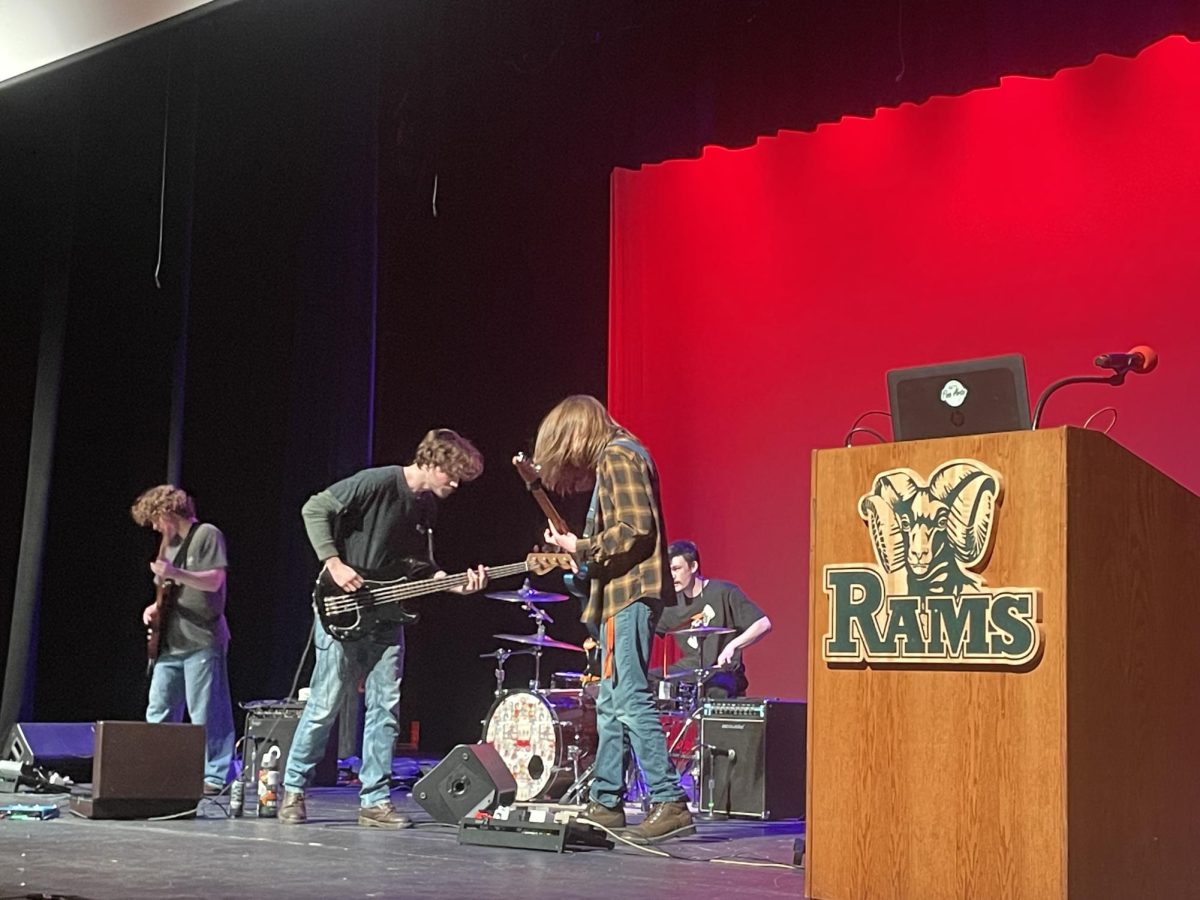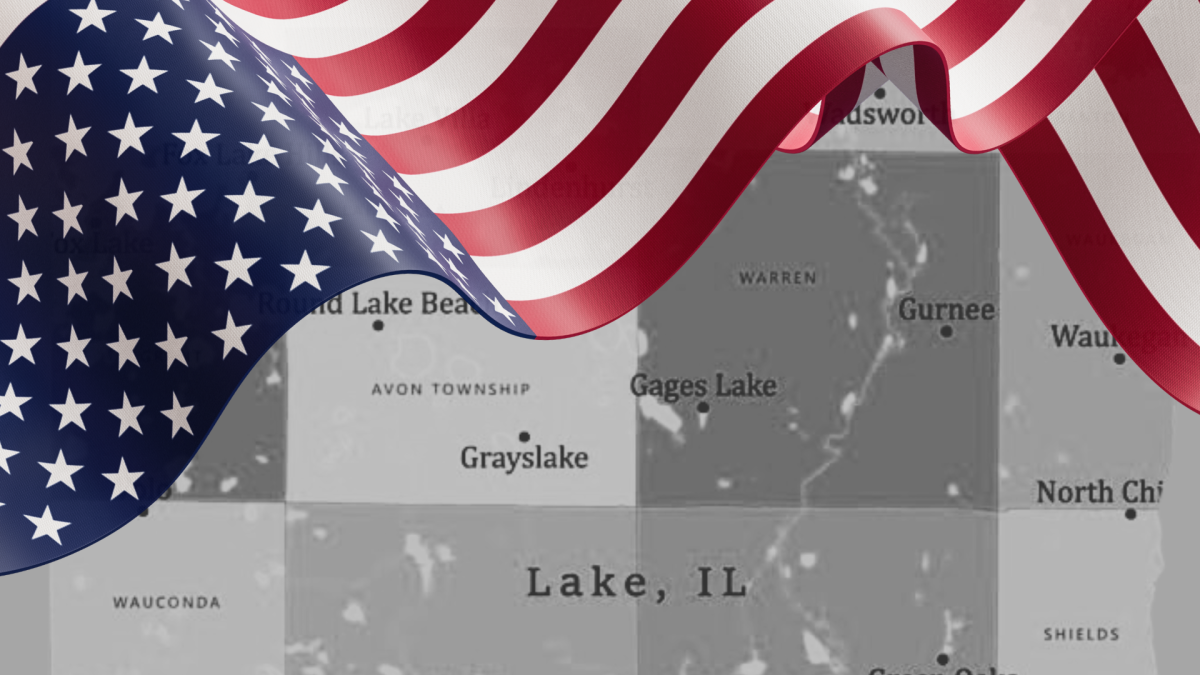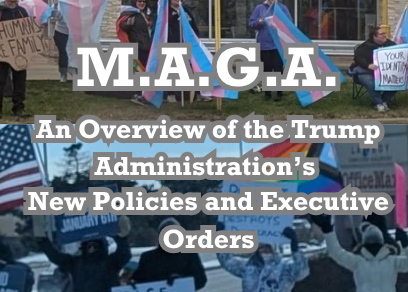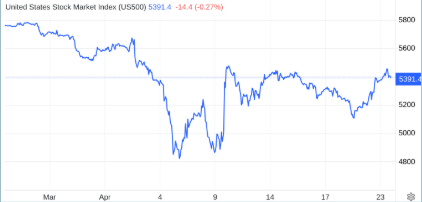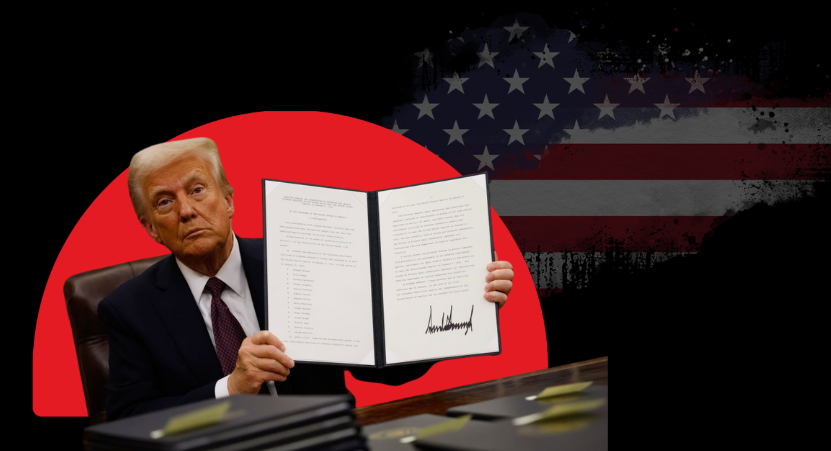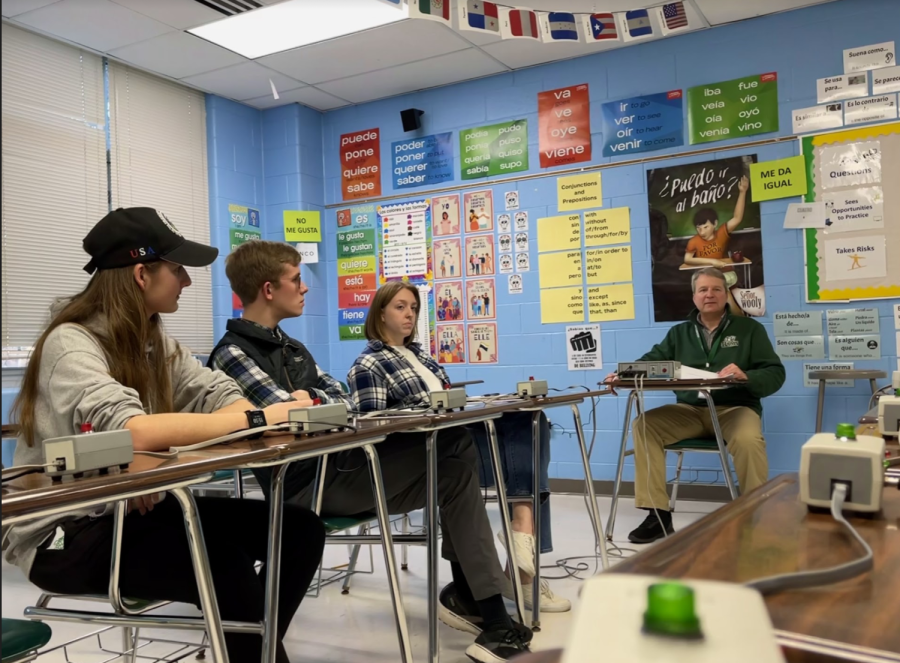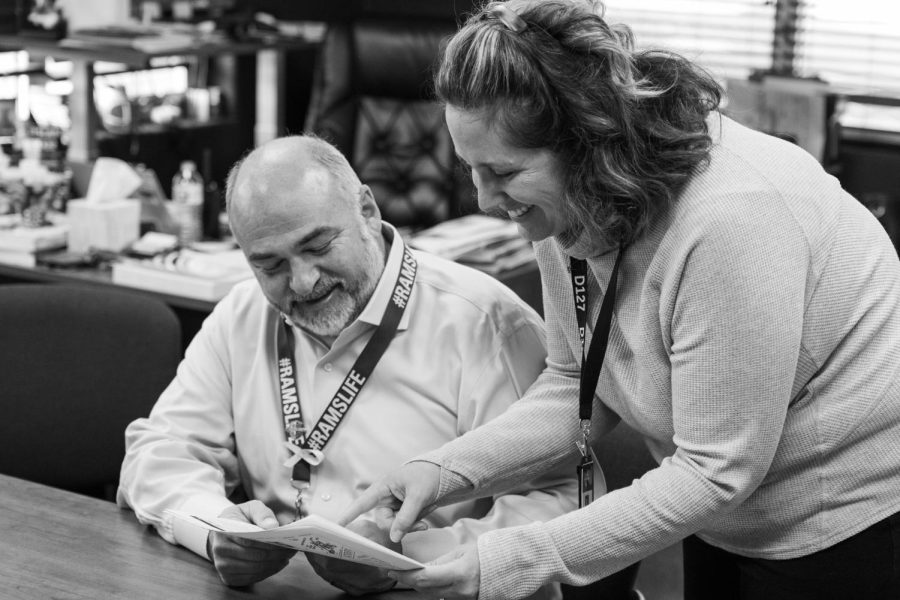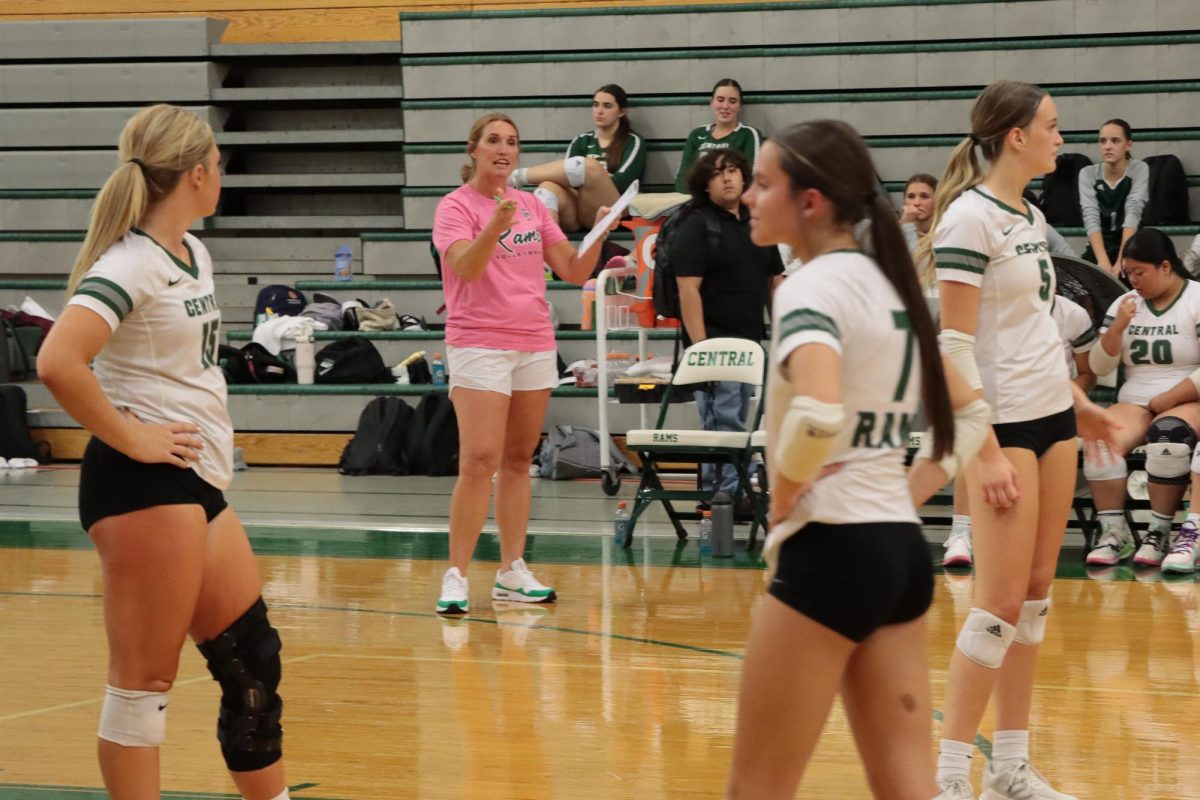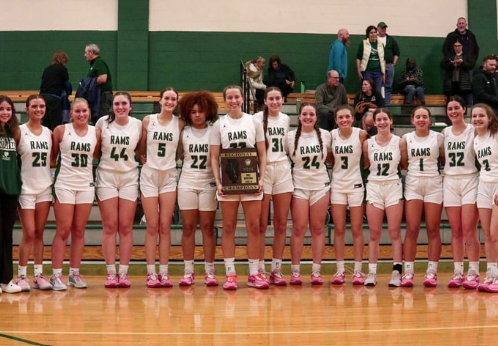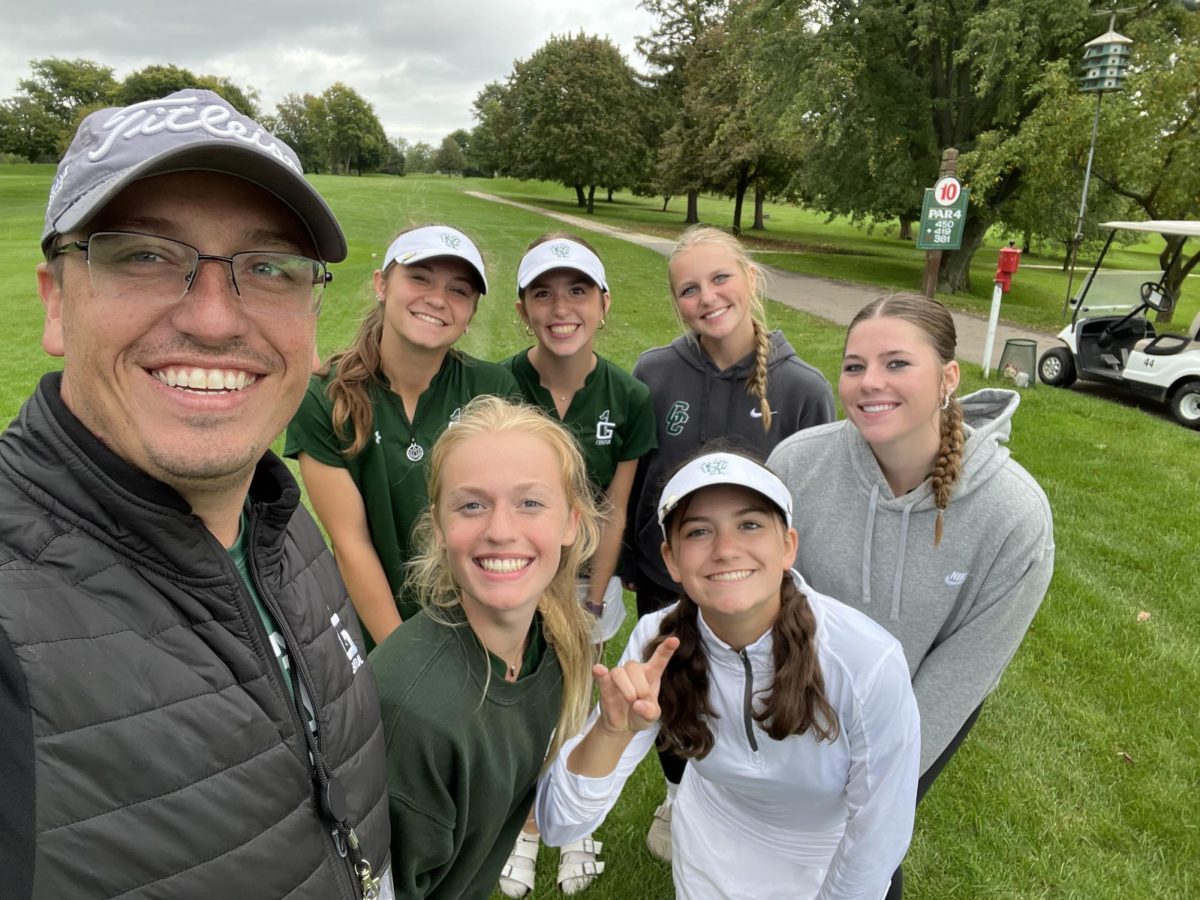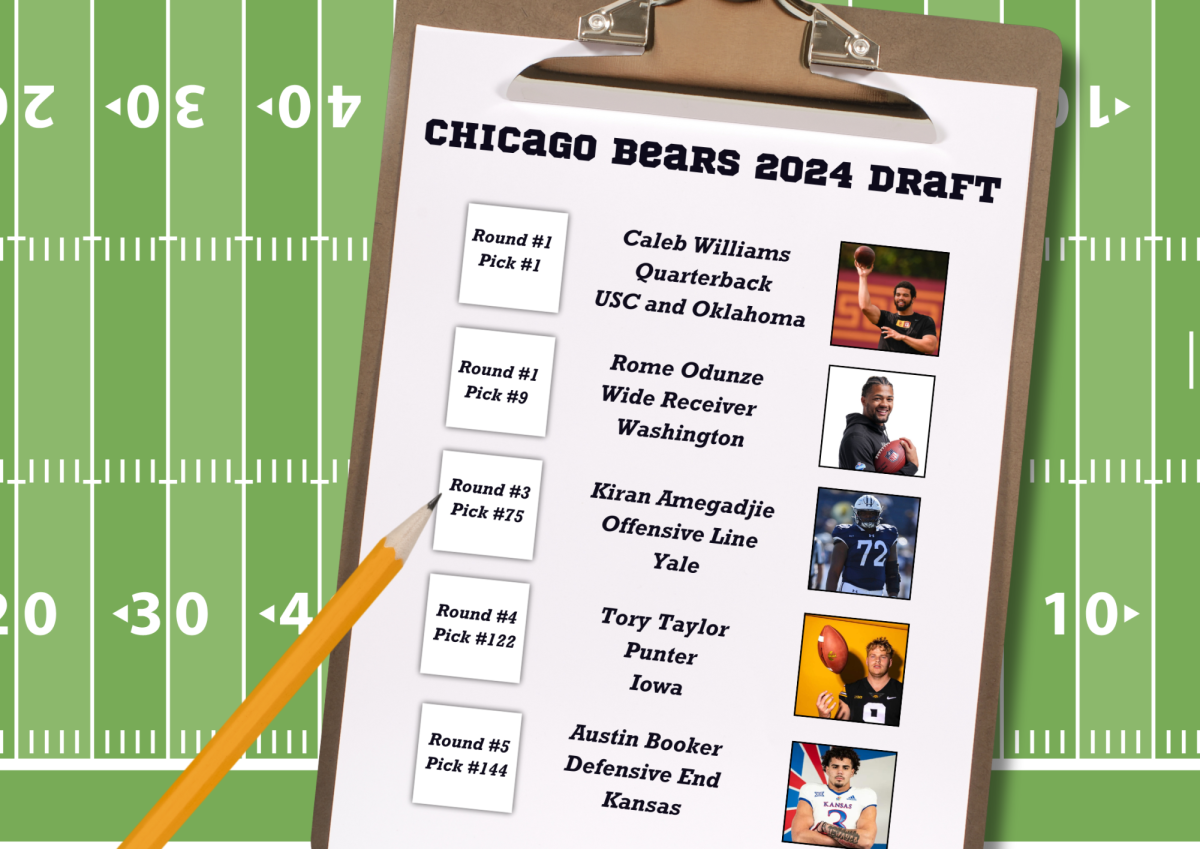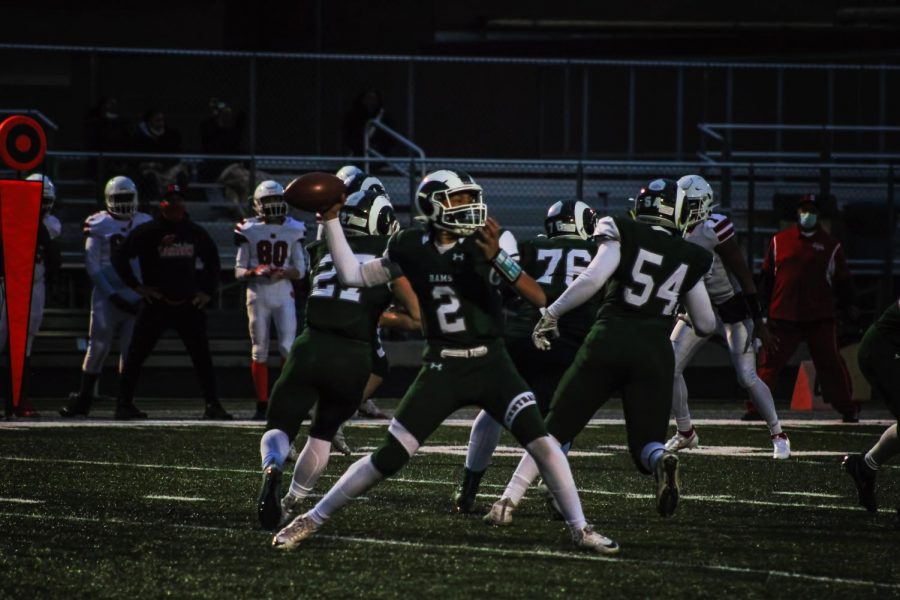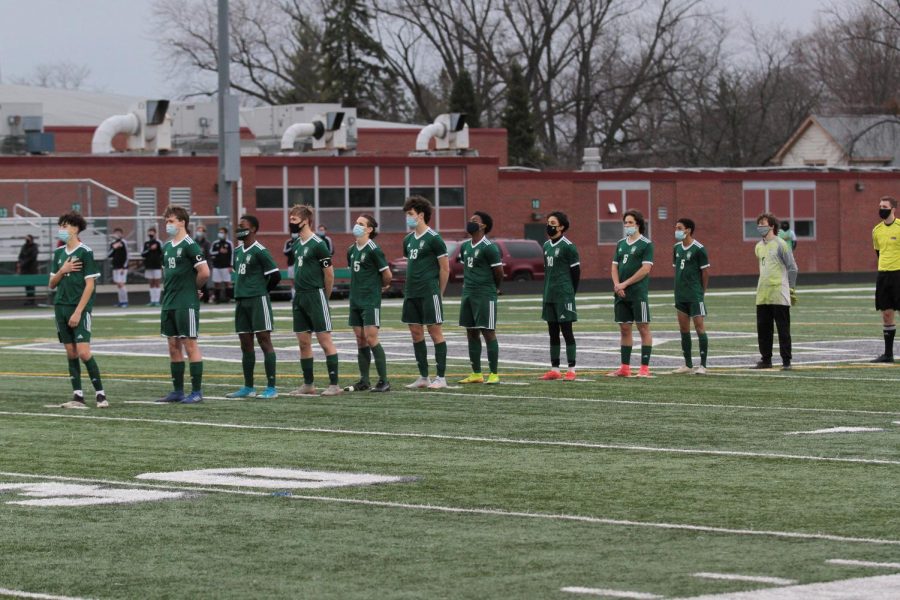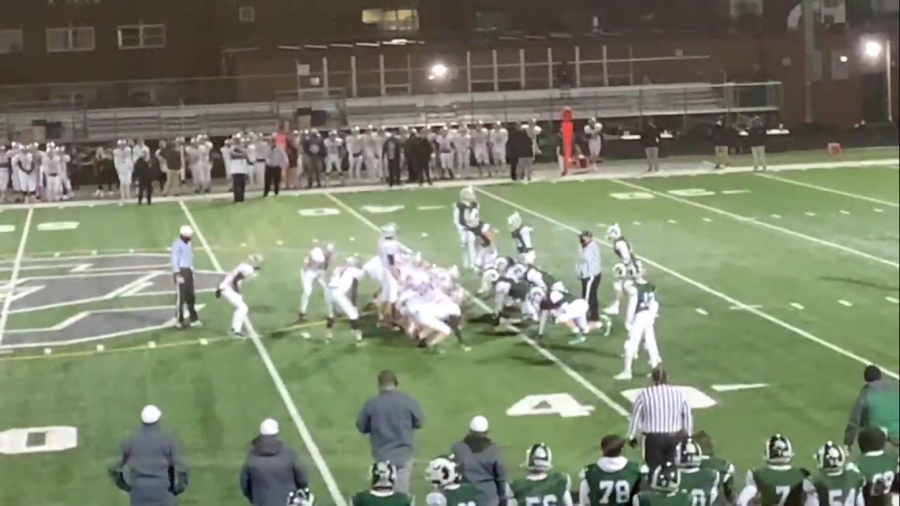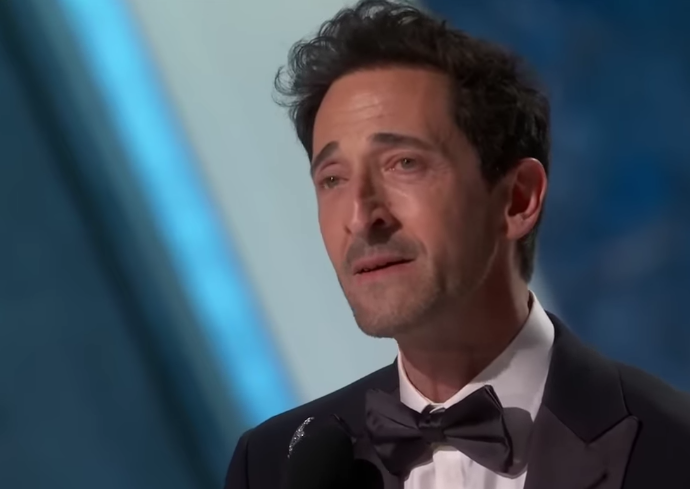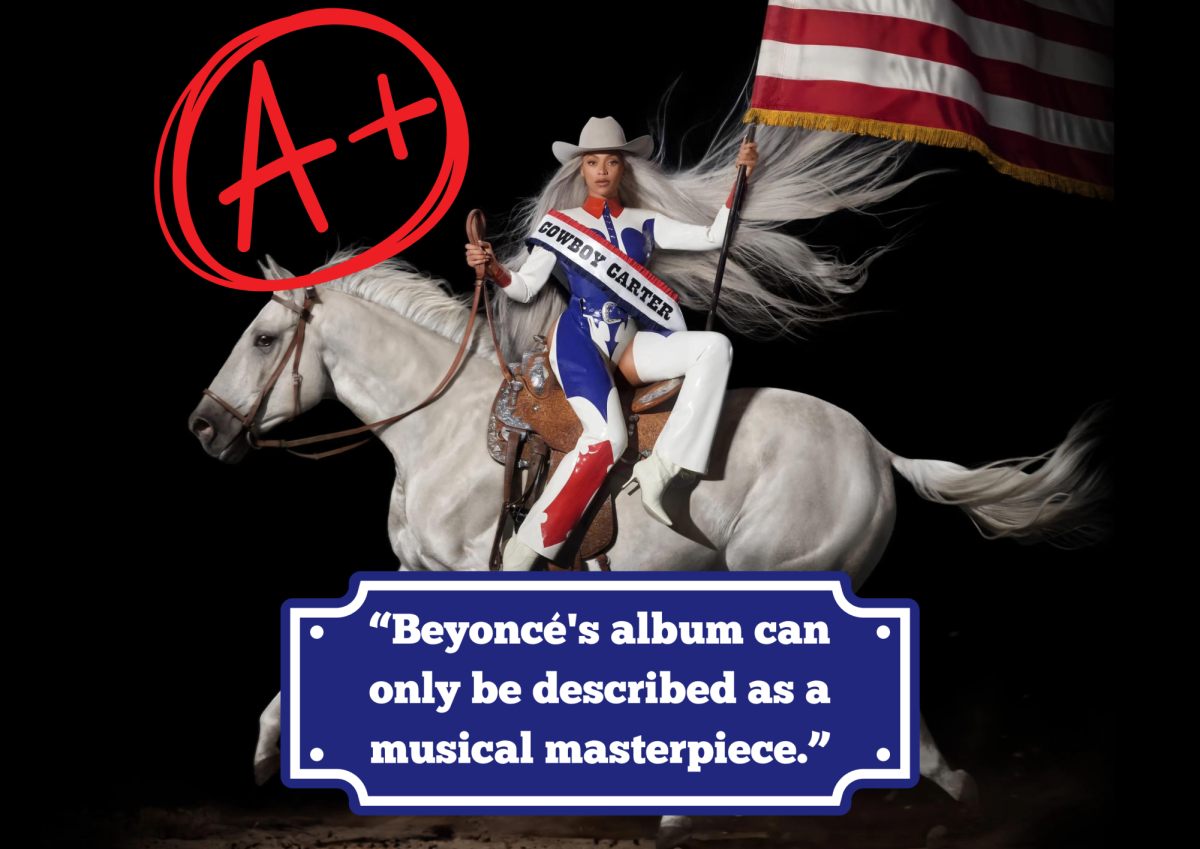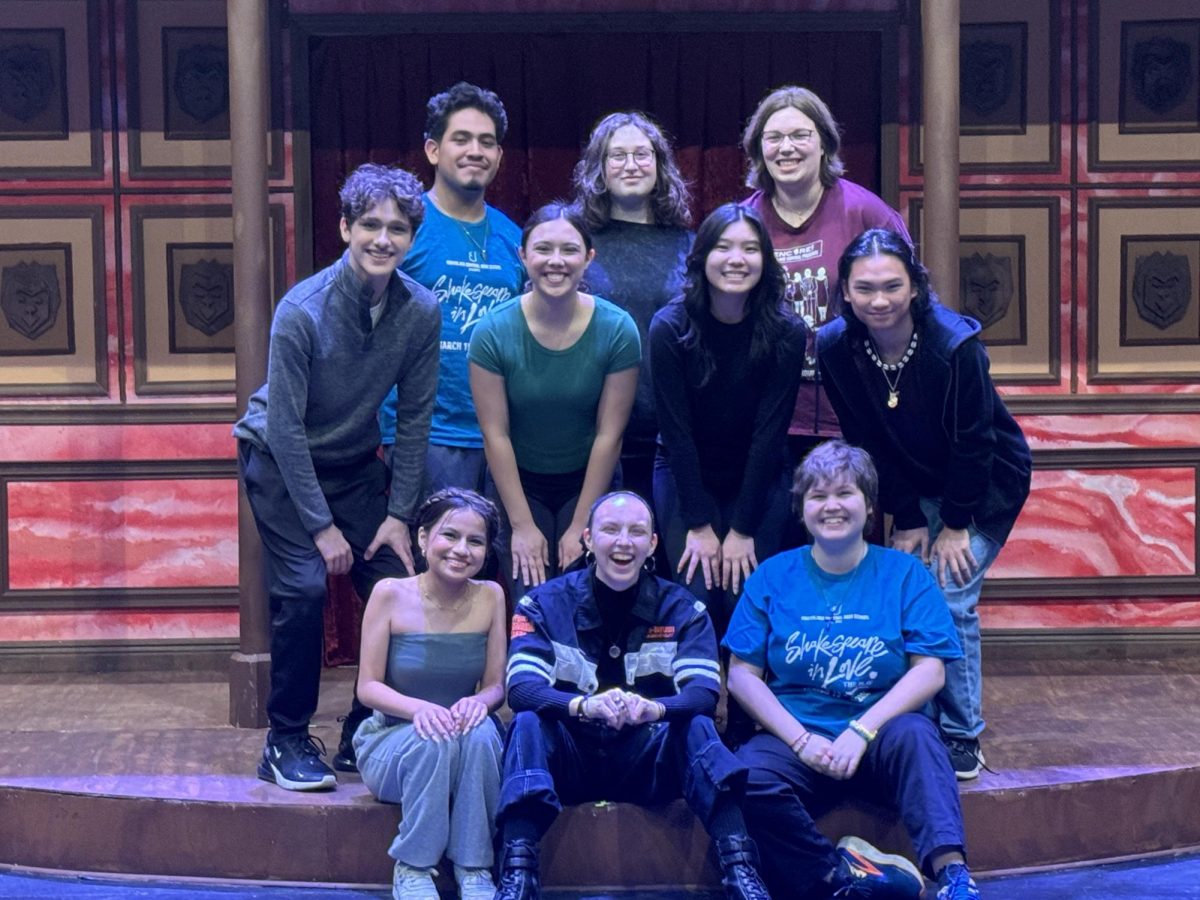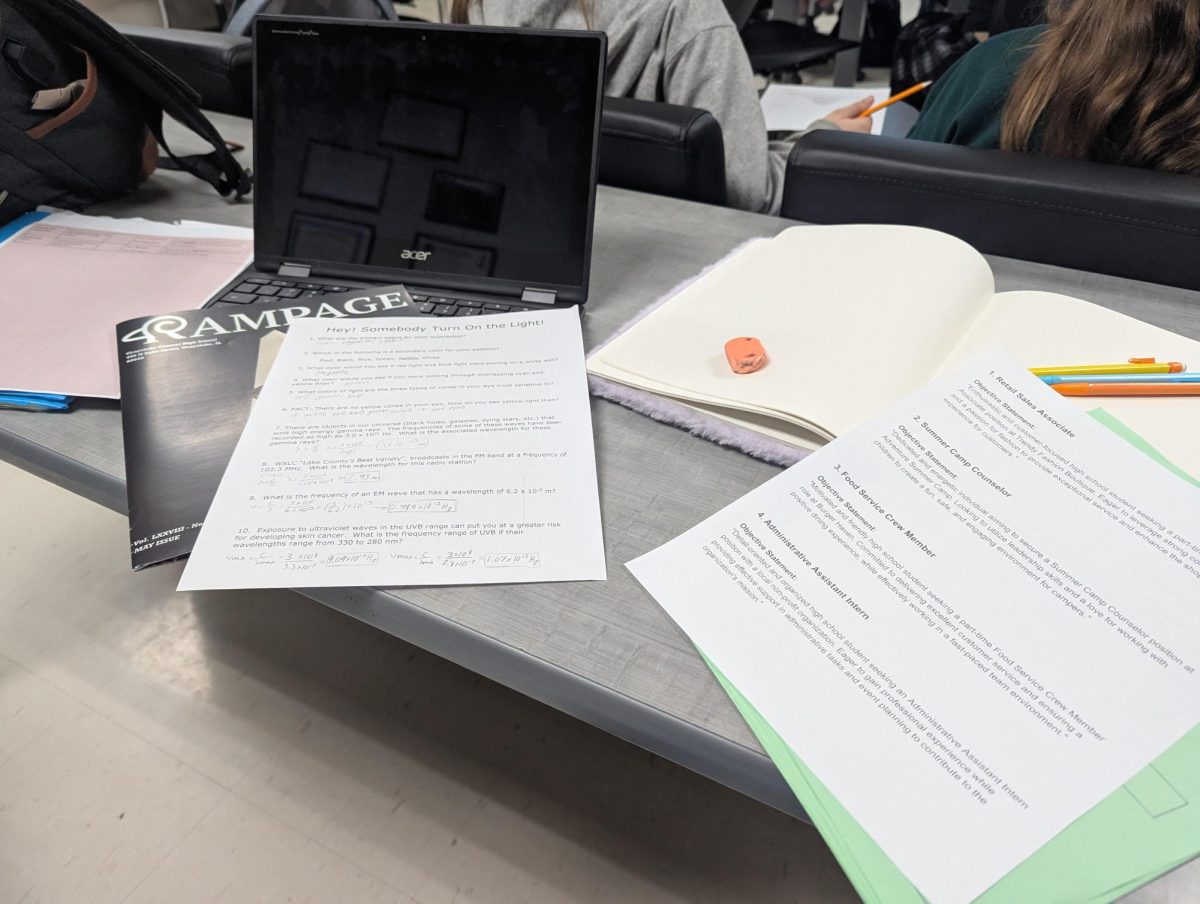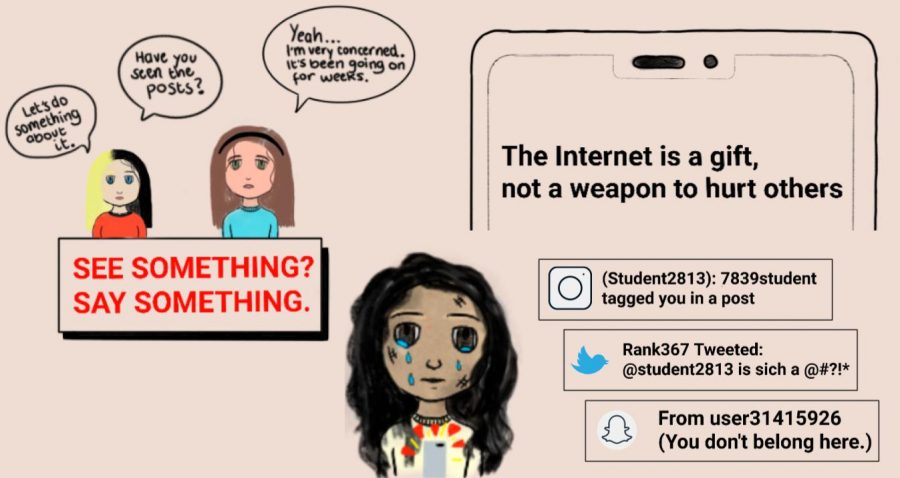Black History Month remembers all
This is a look back and a look forward on the history of African Americans and its effect on Grayslake Central High School.
February 12, 2020
Black History Month is the month of celebration and memorial of the lives lost and the achievements gained for equality for African Americans.As people continuously fight for liberty and justice, it is important to look back on the events that lead to the current events we face today that shape us as Americans.
According to the Association for the Study of African American Life and History, in 1912, University of Chicago alumni Carter G. Woodson and four others established the Association for the Study of Negro Life and History (ASNLH) to promote the findings of African American history and culture and publish it in “The Journal of Negro History” which he also founded in 1916.
Woodson wanted black civic organizations to spread the word and celebrate the research they were uncovering. The fraternity Omega Psi Phi at Howard University in Washington D.C. created Negro History and Literature Week in 1924, which was renamed to Negro Achievement Week. The popularity of this celebration had a successful launch but Woodson desired a bigger impact. In February of 1926, the Association for the Study of Negro Life and History with Woodson created Negro History Week.
Woodson chose the second week because of the connection between the birthdays of two significant figures in African American history, Abraham Lincoln and Frederick Douglass whose birthdays are on Feb. 12 and Feb. 14, respectively. Another reason was to memorialize the assassination of Abraham Lincoln in 1865. Woodson built this week to rethink and remember black history. Woodson believed that history is made by the people and not by a number of significant figures. He wanted to focus on the impacts people made on history rather than looking back on the significant figures.
In the 1960s, Negro History Week had a dramatic shift and was on its way to being introduced as Black History Month. An advancement to a month long celebration was introduced long before Woodson’s death in 1950. As the years passed by, people started to celebrate Black History Month rather than Negro History Week.
When Black History Month was declared, there was criticism of it being implemented in the education system. One of those concerns was the month would discredit the accuracy of certain aspects of history and distract children from the more essential parts of history and skills to help them in their future careers. Others questioned why to condense Black History Month into one month and not celebrate it all year. Actor and director Morgan Freeman said that, “I don’t want a Black History Month. Black history is American history.”
Although heroic figures such as Dr. Martin Luther King Jr. and Rosa Parks are significant in African American history, there are more figures that contributed to African American history. Zelda Wynn Valdes was an African American fashion designer who designed the Playboy bunny costume in 1960. Her designs inspired designs for the Met Gala, a fashion event conducted by the Metropolitan Museum of Art. Beyonce Giselle Knowles-Carter is a multi-platinum award-winning musical artist that constantly produces musical tributes and remarks to African American history and culture with her recent albums “The Lion King: The Gift” and “Lemonade”. Her movie showing her live performance at Coachella dubbed “Homecoming”, was all performed by African American dancers and players.
To recognize these heroic figures at Grayslake Central High School during Black History Month, the history department is creating an event in which QR codes will be posted around the school with information about a specific celebrity, such as Rosa Parks, Malcolm X, and Muhammad Ali.
Also working with the African American women support group, led by counselors Genesis Casillas and Mary Przanowski, students will be speaking on the announcements, sharing facts and historical quotes on black history. Furthermore, the support group is hosting meetings, on not only black history, but things people can do to close the gap on ignorance. They plan to have African American speakers visit for discussion in the future.
Black History Month is a revolutionary month that lets us reflect on American history. It’s always important to look back at our history to learn what we can do in the future to make our lives better.

